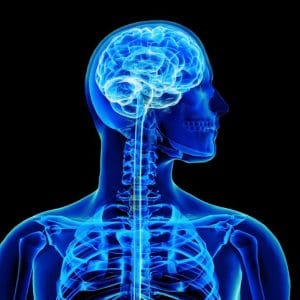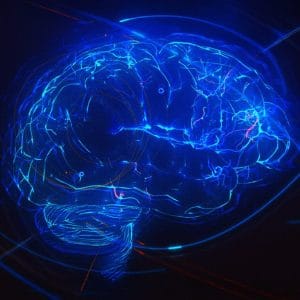Introduction to Cognitive Decline
The quest to extend peak performance and stave off cognitive decline has become a pressing concern in today’s fast-paced world. As we age, our cognitive abilities naturally begin to wane, but what if we could harness the power of transformative neurotechnology to not only slow down this process but also enhance our mental faculties? This is the mission of Sens.ai, a pioneering company at the forefront of cognitive health innovation.
The Challenge of Cognitive Decline
Cognitive decline is a broad term that encompasses a range of conditions, from mild cognitive impairment to more severe forms like Alzheimer’s disease. It affects millions worldwide, with statistics indicating that over 55 million people suffer from dementia alone, a number expected to triple by 2050. The economic and social impacts are staggering, with the global cost of dementia care projected to exceed .1 trillion by 2025. Early detection is crucial, as it can significantly improve the effectiveness of interventions and the quality of life for those affected.
The Role of Neurotechnology in Cognitive Health
Neurotechnology, particularly artificial intelligence (AI) and brain-computer interfaces (BCIs), is revolutionizing the field of cognitive health. By leveraging these technologies, researchers and companies like Sens.ai aim to develop tools for the very early detection of cognitive decline. This can be achieved through advanced algorithms that analyze behavioral and physiological data, identifying subtle changes that precede noticeable symptoms. For instance, AI-powered systems can monitor and analyze cognitive performance metrics, such as memory recall, attention, and processing speed, to predict potential decline.
Key Applications of Neurotechnology
– Personalized Medicine: Tailoring interventions based on individual cognitive profiles and genetic predispositions.
– Cognitive Training: Developing targeted training programs to enhance specific cognitive functions.
– Neurofeedback: Using real-time brain activity feedback to self-regulate brain function.
The Future of Cognitive Enhancement
As neurotechnology advances, we can expect significant breakthroughs in cognitive enhancement. This includes not only preventing or slowing down cognitive decline but also enhancing peak performance in healthy individuals. Imagine being able to boost memory, improve focus, and enhance creativity through safe, non-invasive means. While these possibilities are promising, it’s essential to approach them with a critical and nuanced perspective, considering both the benefits and the potential risks.
Moving Forward with Caution and Hope
As we embark on this journey to harness neurotechnology for cognitive health, we must do so with caution and hope. The potential to transform lives is immense, but so are the challenges and ethical considerations. By supporting research, encouraging transparency, and fostering a community that values cognitive well-being, we can ensure that these technologies benefit humanity as a whole. As we look to the future, one thing is clear: the intersection of neurotechnology and cognitive health holds the key to unlocking a future where cognitive decline is no longer an inevitable part of aging, and peak performance is within reach for everyone.
Harnessing the Power of Innovation
The journey to stave off cognitive decline and extend peak performance is complex and multifaceted. It requires collaboration, innovation, and a deep understanding of both the human brain and the technologies that can influence it. As we continue to push the boundaries of what is possible with neurotechnology, we draw closer to a future where cognitive health is prioritized, and the human potential is limitless. This future, while challenging to achieve, is undoubtedly worth striving for, and with dedication and perseverance, we can make significant strides towards a world where cognitive decline is a rarity, and peak performance is the norm.














